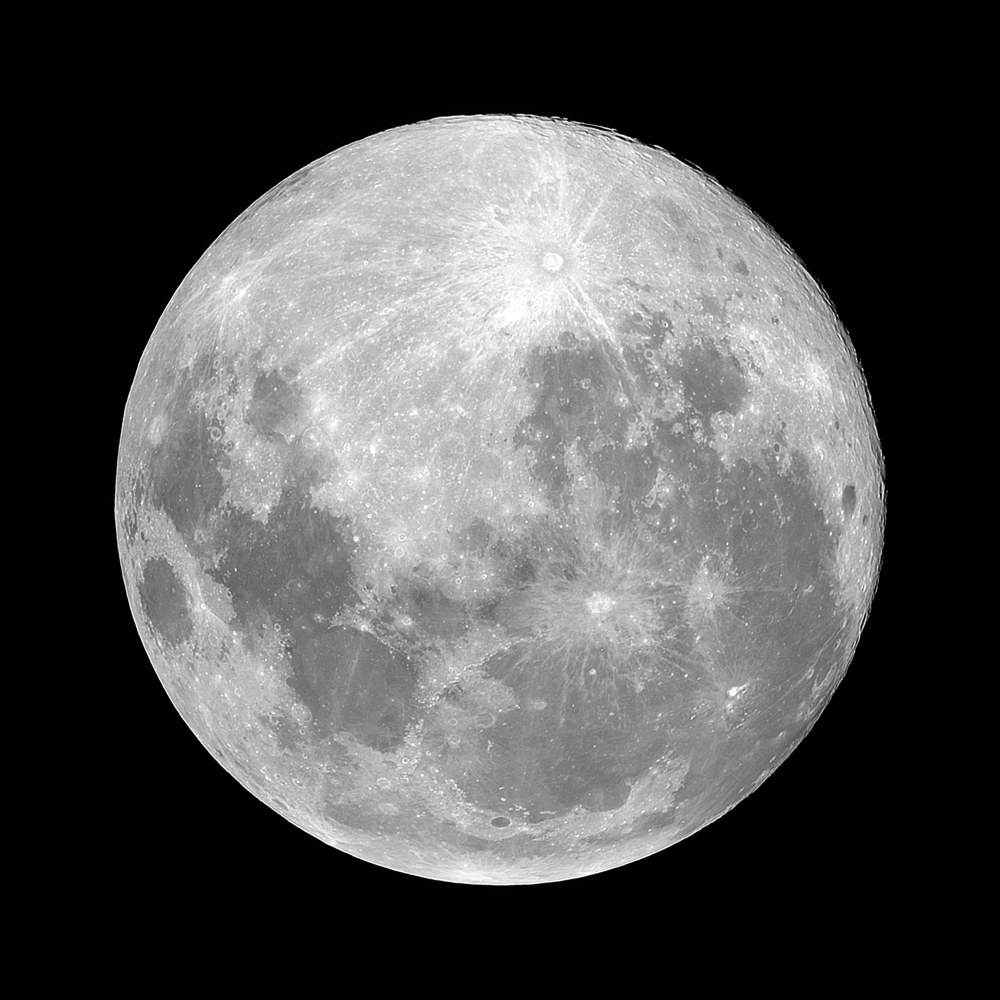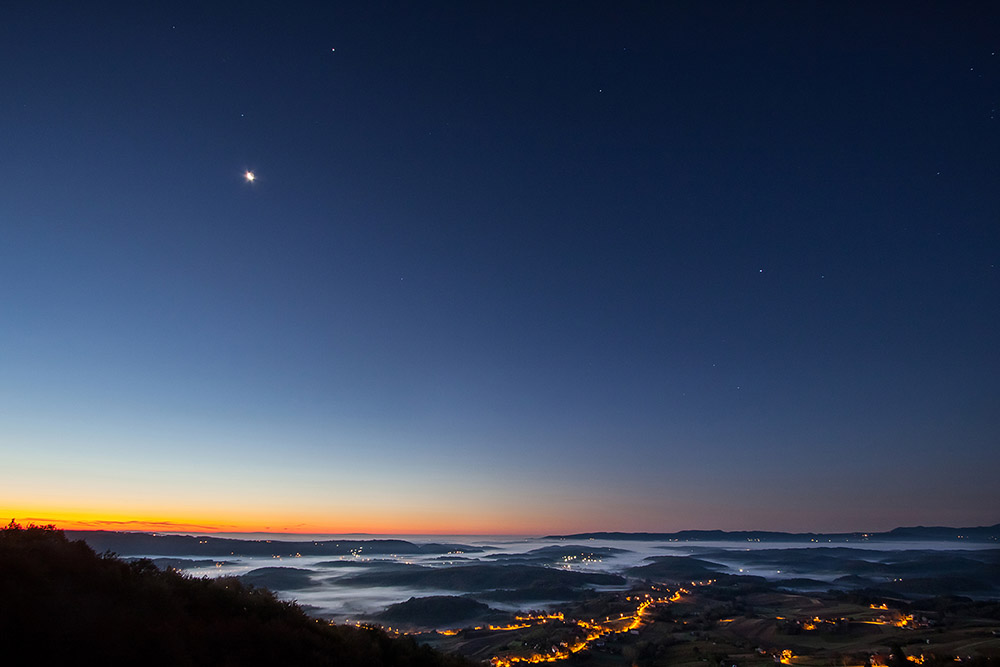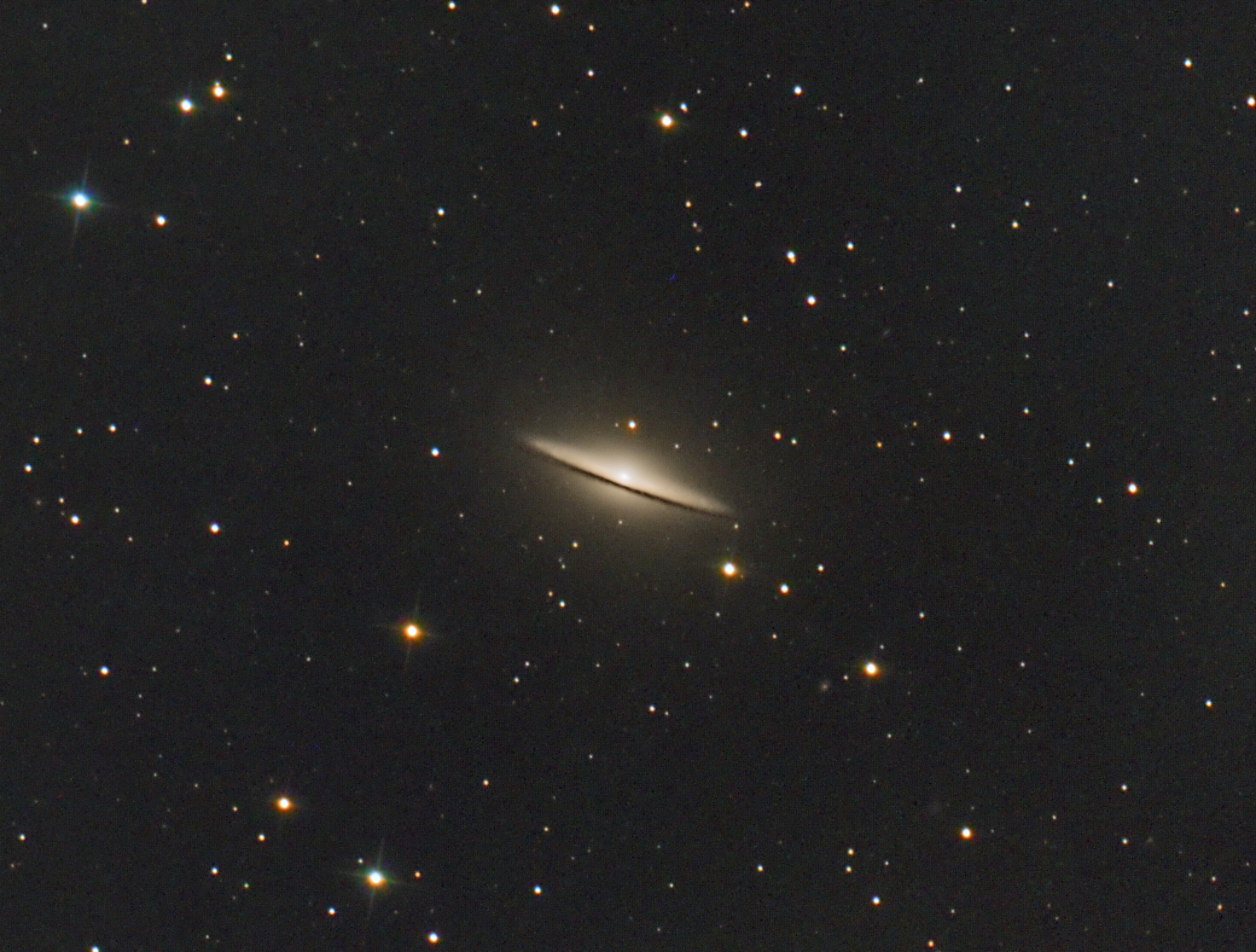
What size first telescope mirror should I make?
What size is best for someone’s first attempt at making a telescope mirror? Most books on telescope making recommend starting with either a 6- or an 8-inch mirror, and that’s good advice. Either size is suitable for a first-timer, but a 6-inch will probably take a little less time to…

When's the next blue Moon?
When's the next blue Moon? To read the full story with a schedule that shows all blue Moons through 2020, see our article "What is a Blue Moon?" Here's the abbreviated version: In 1999 Sky & Telescope admitted to its “blue Moon blooper,” an error that had crept onto the…

How can eyepieces offer a telescope's widest true field?
Some eyepieces are being advertised as offering the widest possible true field in any telescope. How is this determined? The amount of sky shown by an eyepiece is governed by the diameter of its field stop, the ring that defines the edge of the visible field. On a given telescope,…

When is the earliest sunrise of the year?
The earliest sunrise of the year doesn't always occur on June 20th (the solstice), which has the longest day. Why? The earliest sunrise actually depends partly on latitude. In 2004, for latitude 40° north, it was June 13th. For 50° north, the earliest sunrise was on June 16th. At 30°…

Focal Ratio vs. Aperture: What Makes an Object Look Brighter Through a Telescope?
How can you make a star or deep-sky object, such as galaxies or nebulae, look brighter? The total brightness of a star or other object is determined by the telescope’s aperture, also called light grasp. The focal ratio (also called f/number, that is, the focal length divided by the aperture)…

What's the distance to Polaris?
I have three astronomy programs on my computer that give three different distances for Polaris. I just obtained a fourth program, and it says the distance is unknown. What’s the problem? Those new to astronomy expect the distances of bright stars to be very accurately known, but many still aren’t.…
If stars appear as points, why are some stars big and some small in different images?
If stars are unresolved points, even in the largest telescopes, why do bright ones look bigger than faint ones? Our eyes are amazing instruments, but they’re limited by physics and biology. When starlight enters an optical system with a circular aperture, such as a telescope or a human eye, the…
Jennifer Barlow: Dark-sky Devotee
One person can make a difference, as demonstrated by a high-school student's single-handed effort to help us all appreciate the night sky.

Home Lighting Guide
Here's how to find exterior residential lighting that's dark-sky friendly.
Good Lighting Fixtures: Where to Get Them
Here's a selection of manufacturers and suppliers of good lighting equipment.
Image & Animation Links
Research Institutions Anglo-Australian Observatory ARC Telescope Astronomical Institutes of the University of Bonn Big Bear Solar Observatory European Southern Observatory Great Images in NASA Harvard-Smithsonian Center for Astrophysics Hubble Space Telescope Institute for Astronomy NASA's Observatorium Image Gallery NASA's Planetary Photojournal Nordic Optical Telescope Ohio State University Astronomy Dept. Stardial…
Astronomy Software Vendors
Contact information for commercial developers of astronomical software.
Astronomy Education Links
Organizations Astronomical League Observing Programs Youth ResourcesAstronomical Society of the Pacific (ASP)Astronomy Education ReviewCampaign for Dark SkiesChallenger Center for Space Science EducationChallenger Space Science Center of ArizonaDark-Sky SwitzerlandEuropean Association for Astronomy EducationEuro Space Center (Belgium)International Association for Astronomical Studies (IAAS)International Dark-Sky Association (IDA)National Space Society (NSS)Near and Far Sciences for…
Observing from the City
With the stars increasing being lost amid the light pollution of our urban areas, is there no hope for an astronomer in the city? Fortunately, there's still a lot of observing that can be done.

Gauging Light Pollution: The Bortle Dark-Sky Scale
Excellent? Typical? Urban? Use this nine-step scale to rate the sky conditions at any observing site.

Time In the Sky and the Amateur Astronomer
While civil time is based on official edit, the celestial clockwork follows its own rhythms.
Amateur Research Societies
The Amateur Sky Survey (TASS) American Association of Variable Star Observers (AAVSO) American Lunar Society Association of Lunar & Planetary Observers Astronomy and Astromicroscopy Center for Backyard Astrophysics Dutch Meteor Society Galilean Satellite Eclipse Timings Grup d'Estudis Astronomics (Spain) International Amateur-Professional Photoelectric Photometry (IAPPP) International Meteor Organization International Occultation Timing…
Online Data and Catalog Links
Astronomical Data Center (ADC) Astrophysical Data System (ADS) Canada Astronomical Data Center (CADC) Digitized Sky Survey Double Star Library JPL's Solar System Dynamics Group NASA/IPAC Extragalactic Database (NED) National Space Science Data Center (NSSDC) NGC/IC Project Planetary Data System (PDS) SkyView Solar Terrestrial Dispatch Star Data Pages Strasbourg Astronomical Data…
Links for Observing & More!
Observing Guides Anthony Mallama's Lunar Eclipse Page Astra's Star Gate Astronomica Langrenus Astronomical League Youth Resources Astronomy with a 60-mm Refractor Atmospheric Optics Aurora Page Astronomy and Astromicroscopy Binary Stars Ray Cash's Deep-Sky Page Comets and Meteor Showers Ben Crowell's BinoSky Deep-Sky.org Denis Fell's Astro Page Dennis Ward's "The Silicon…
Online Astronomy Newsletters & Web Portals
AmSky AstroNews Astronomibladet (Danish) Astronomie.com (German) Astronomy Education Review The Cosmic Mirror Dave's Astronomy Magazine The Lunar Observer Marsbugs: The Electronic Astrobiology Newsletter MeteoriteTimes.com North American Skies Regulus! Royal Astronomical Society of Canada SPACE.com SACNEWS ScienceWeek Skylights Universe Today
